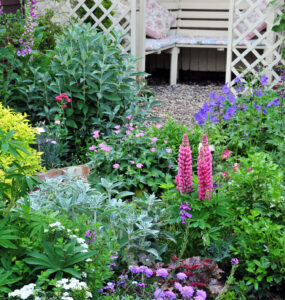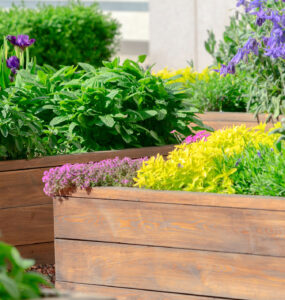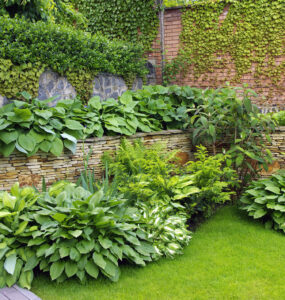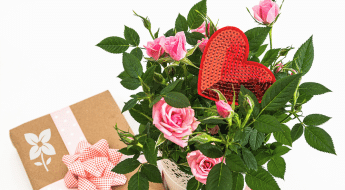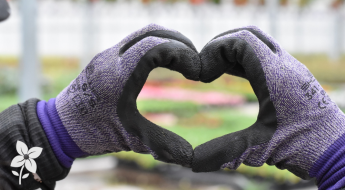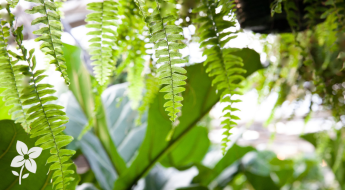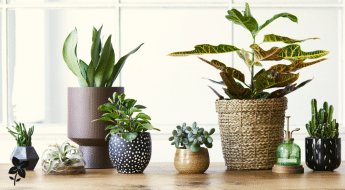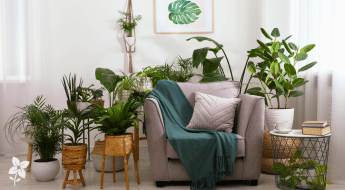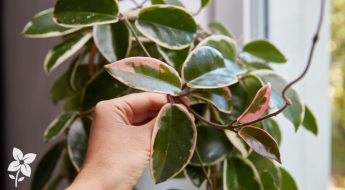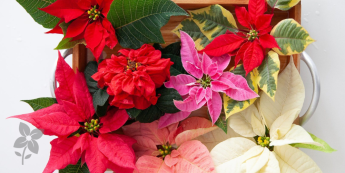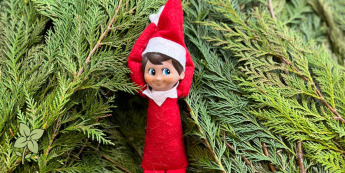
Where is Zone 3 Anyway?
by Rob Sproule
I don’t want to alarm you, but it gets cold in Alberta. It-hurts- when-I- breathe cold. On the plus side, we don’t have Zika, Ebola, or ants that eat you. On the down side, we can’t grow any of the plants you saw on your last tropical holiday.
When it comes to options, we still have thousands. I’d argue that we have hardy plants as gorgeous as any hibiscus or bird of paradise. When you go to the Garden Centre, however, how do you know which plants are reliably hardy and which need extra care?
Check the tag of any tree, shrub, or perennial and you’ll find a zone number. That is your guideline for how tough the plant will be. In other words, will you need to trim and mulch and fret over it or can you just plant it and enjoy?
Hardiness Zone Map
Natural Resources Canada has created the canonical Canadian zone map.( http://www.planthardiness.gc.ca/ ). I use this map as reference but keep in mind that the latest version was published in 2000 and used data no later than 1990. It goes without saying that our climate is significantly different now than it was 26 years ago.
While the map marks Edmonton and area as “3a” (a “warm” zone 3) we can grow many zone 4 plants very well and, depending on where you live, even zone 5s.
Deciphering the Numbers
Canada has 8 climactic zones, ranging from 0 (Nunavut) to 8 (Victoria). Each of these zones is divided into an “a” and a “b” (a being colder and b being warmer). You don’t need to worry about the letters.
Here’s what you need to know about the numbers that affect us:
– Zone 2 plants (minimum temp -45 C): Grow with practically no care. You’d be surprised at how many varieties, and how much colour, can grow in this zone.
– Zone 3 plants (minimum temp -40 C): Our standard zone for a reliably hardy plant. Water in the fall and winter-kill will rarely be an issue.
– Zone 4 plants (minimum temp -34 C): If you want a slightly more exotic plant, you’ll have to work for it. Expect to mulch in the fall.
– Zone 5 plants (minimum temp -28 C): For experienced gardeners and gamblers only. Needs shelter and extensive fall care. You’ll have a slightly easier time if you live in an urban area.
– Zone 6 plants (minimum temp -23 C): Forget it. I’m including it because, just to make things more confusing, some zone 6 plants, like “Purple Fountain Grass” will say Perennial on the tag. It’s a question of where the tags are printed. If you’re unsure if something is hardy, even if it says Perennial, ask.
Pushing the Zone
It’s the human condition to never be satisfied, so for those of you coveting the conversation starting plants in zones 4 and 5, here are some tips.
In the fall, remove any dead or diseased foliage/ branches. Water very well (till the roots are like a stick in a frozen popsicle), and mulch with disease free material. Shovel snow on them throughout the winter, especially if there’s not much snow, for insulation.
Don’t even try zone 5s unless you have a very sheltered area. If you live in a built up area you gain a few degrees, and even better if you have a spot with wind breaks around it (but still gets enough sun).
Low Maintenance Plants
My yard is full of zone 2 and 3 plants. I know that I can plant them and that they will survive, thrive, and be beautiful. After the first year, I don’t water at all unless it’s a dry month. Drought Gardening Zone 2 and 3 plants grow quickly, bloom freely and attract scores of pollinators and other beneficial insects. While not the most exotic plants, there’s thousands available with a look for every taste and personality

